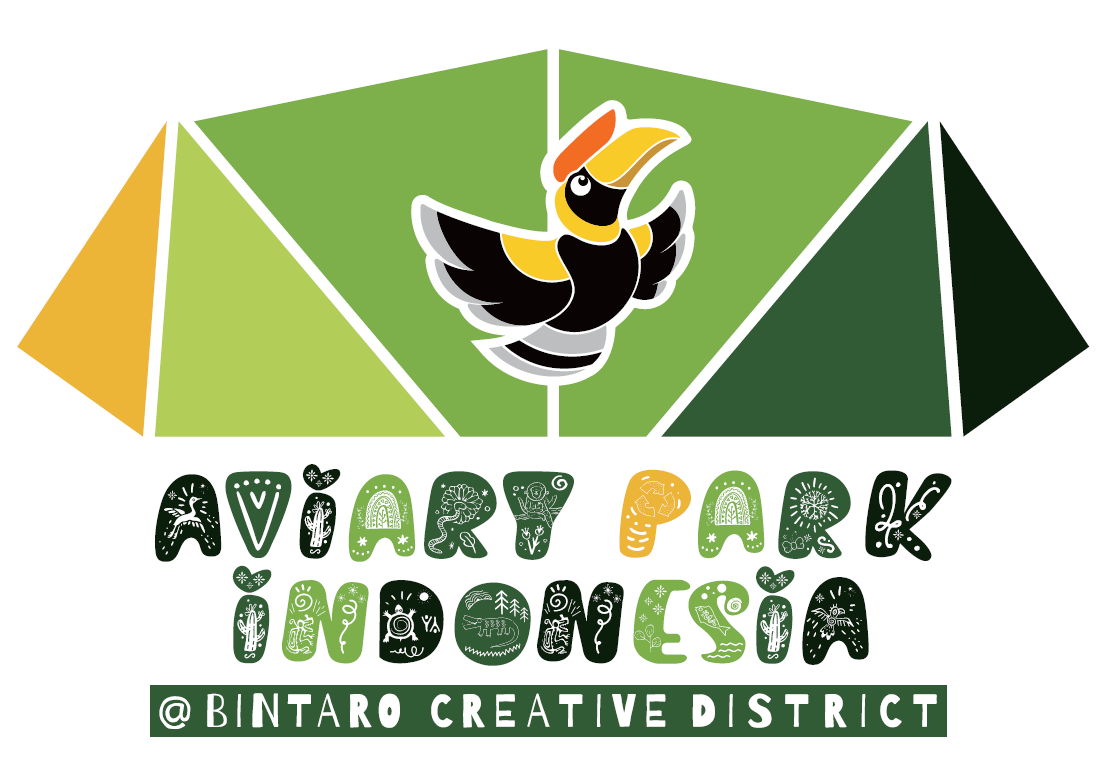Belibis, also known as the Indonesian whistling duck, is a fascinating animal native to Indonesia. These unique birds are a common sight in the country’s wetlands, rice paddies, and shallow lakes. Belibis are characterized by their distinctive whistling calls, which can be heard echoing across the waterways of Indonesia.
In this article, we will delve into the world of Belibis and explore the various aspects of their behavior, habitat, and significance in Indonesian culture. We will also address the ten most common questions that people have about Belibis, providing readers with a comprehensive understanding of these intriguing birds.
Belibis are a species of duck found in various parts of Indonesia, including Java, Sumatra, Kalimantan, and Papua. They are known for their striking appearance, with a black and white plumage that sets them apart from other duck species. Belibis are also distinguished by their long necks and slender bodies, which allow them to gracefully navigate the waterways of their habitats.
One of the most remarkable features of Belibis is their whistling calls, which give them their name. These calls serve as a form of communication among the birds, allowing them to stay in contact with each other and alerting them to potential dangers in their surroundings. The hauntingly beautiful sound of Belibis whistling can often be heard during the early morning and late afternoon hours, adding to the natural symphony of Indonesia’s wetlands.
Belibis are primarily herbivorous, feeding on a diet of aquatic plants, seeds, and insects. They are skilled swimmers and divers, using their webbed feet to propel themselves through the water in search of food. Belibis are also known for their strong sense of community, often forming large flocks that travel together in search of food and shelter.
In Indonesian culture, Belibis hold a special significance as symbols of harmony and unity. Their graceful presence in the wetlands is seen as a reflection of the country’s rich biodiversity and natural beauty. Belibis are also considered to be auspicious birds, bringing good luck and prosperity to those who encounter them.
Now, let’s address some of the most common questions that people have about Belibis:
1. What is the scientific name of Belibis?
The scientific name of Belibis is Dendrocygna javanica.
2. Where can Belibis be found in Indonesia?
Belibis can be found in various parts of Indonesia, including Java, Sumatra, Kalimantan, and Papua.
3. What do Belibis eat?
Belibis are herbivorous birds that feed on aquatic plants, seeds, and insects.
4. Why are Belibis called whistling ducks?
Belibis are called whistling ducks because of their distinctive whistling calls, which they use for communication and to alert each other to potential dangers.
5. Are Belibis social birds?
Yes, Belibis are social birds that often form large flocks and travel together in search of food and shelter.
6. What is the significance of Belibis in Indonesian culture?
Belibis are seen as symbols of harmony and unity in Indonesian culture, reflecting the country’s rich biodiversity and natural beauty.
7. Do Belibis migrate?
Belibis are known to migrate to different parts of Indonesia in search of food and suitable habitats.
8. Are Belibis endangered?
Belibis are not currently considered to be endangered, as they are relatively common in their natural habitats.
9. Can Belibis fly?
Yes, Belibis are capable of flying and use their wings to navigate the waterways of their habitats.
10. How can I spot Belibis in the wild?
You can spot Belibis in wetlands, rice paddies, and shallow lakes, where they can often be seen swimming and foraging for food.
In conclusion, Belibis are fascinating birds that play a vital role in Indonesia’s ecosystem and cultural heritage. By learning more about these unique animals, we can gain a deeper appreciation for the natural wonders of Indonesia and the importance of preserving the habitats that Belibis call home. So, keep your eyes and ears open for the enchanting sight and sound of Belibis during your next backpacking adventure in Indonesia!
